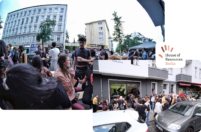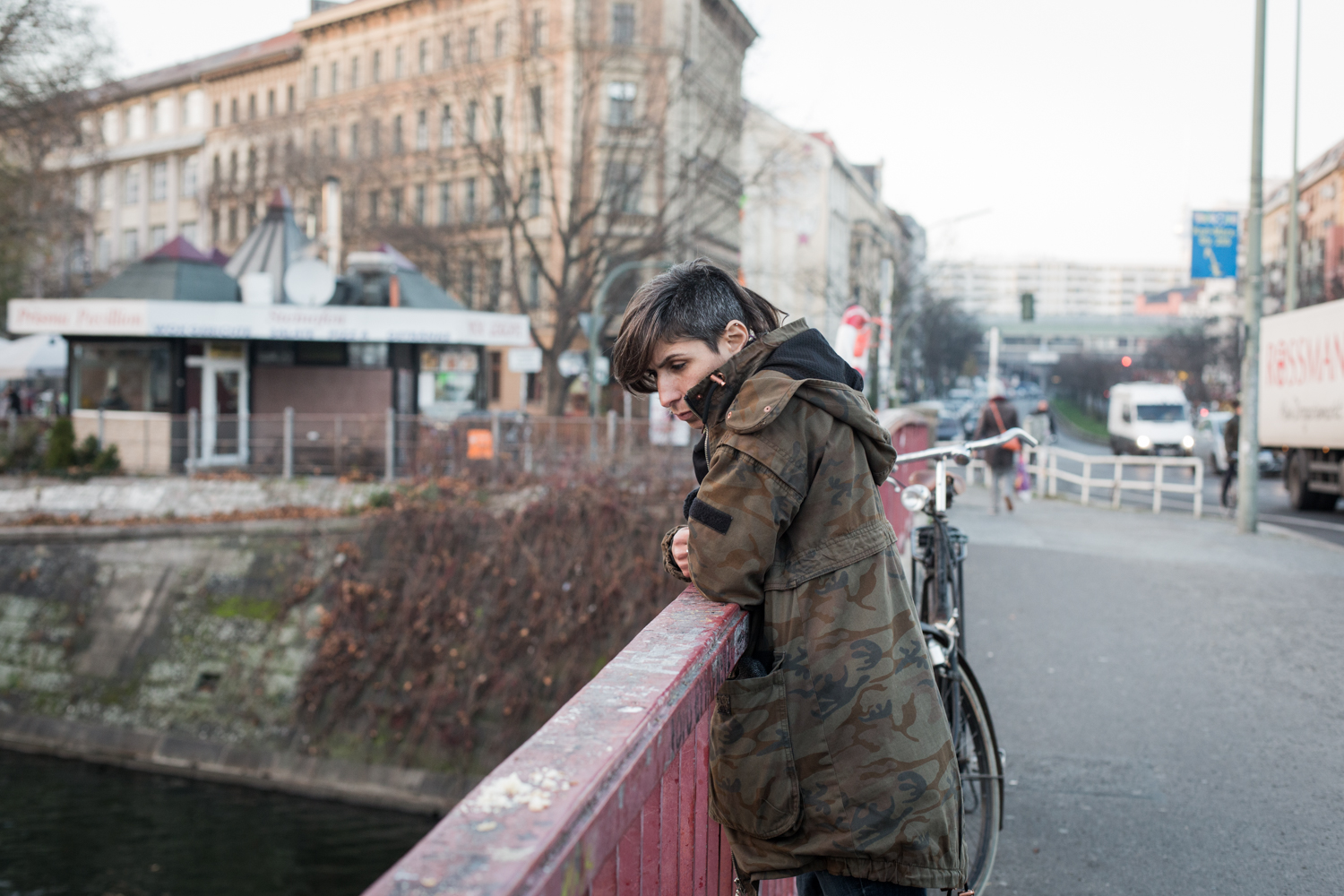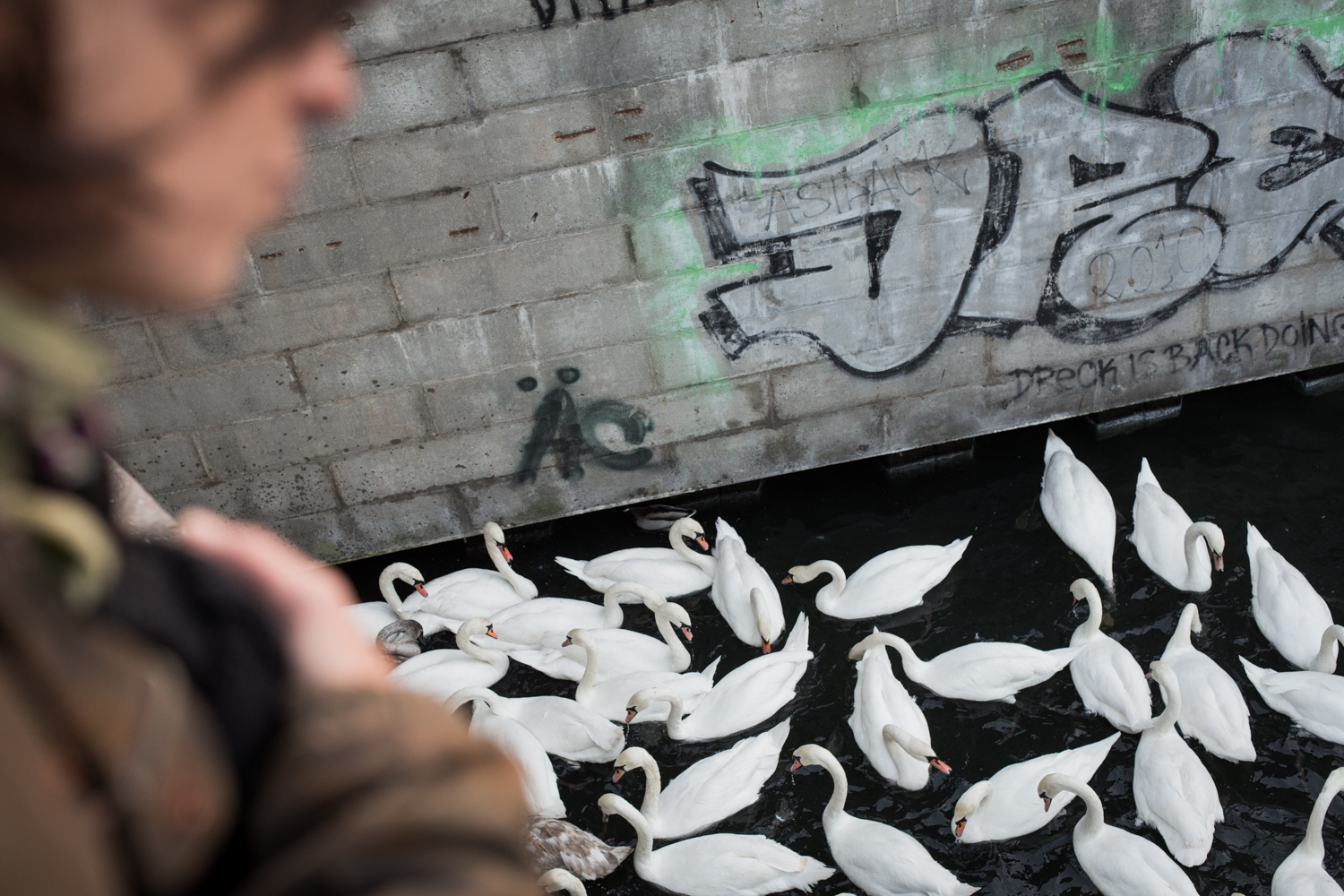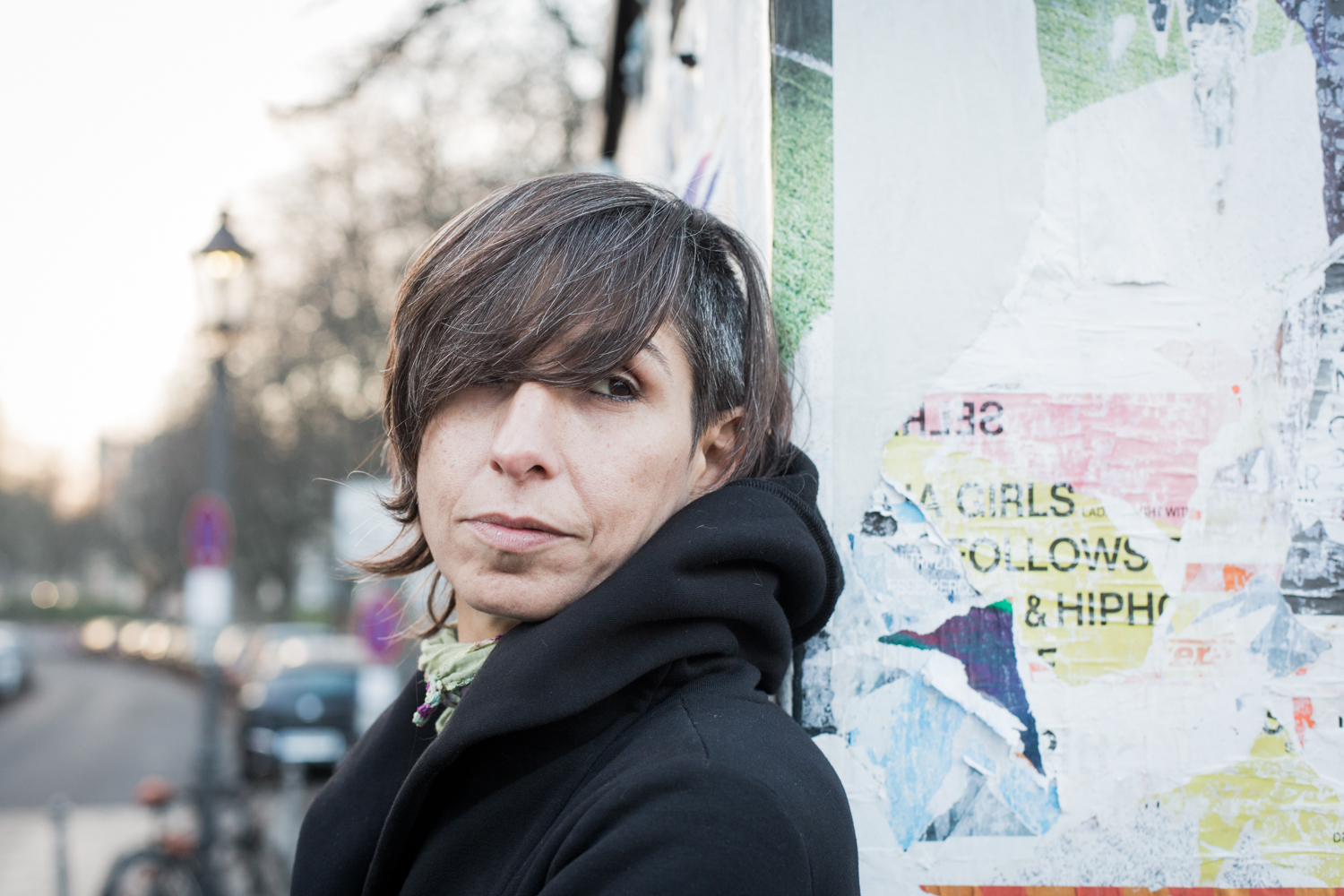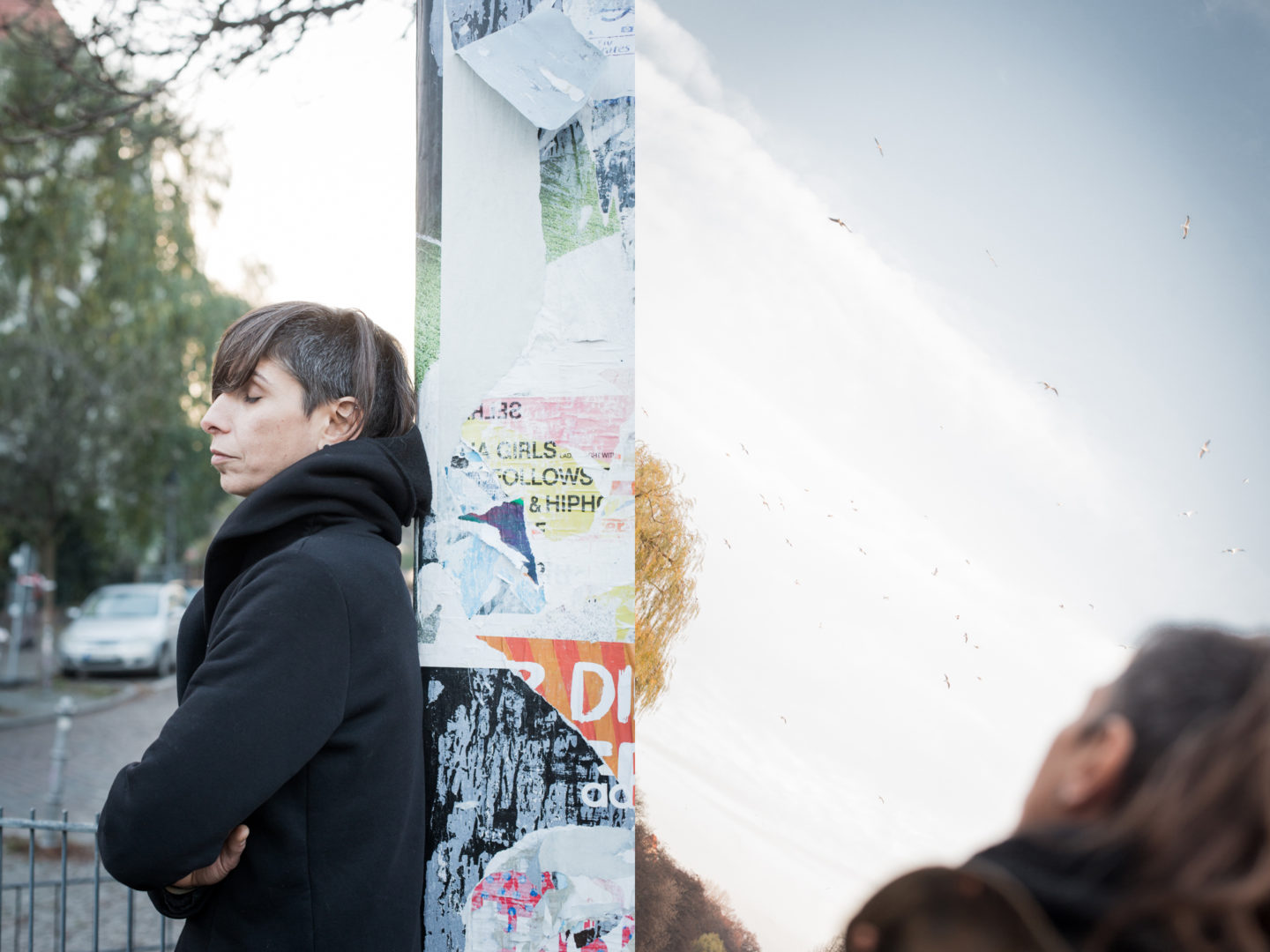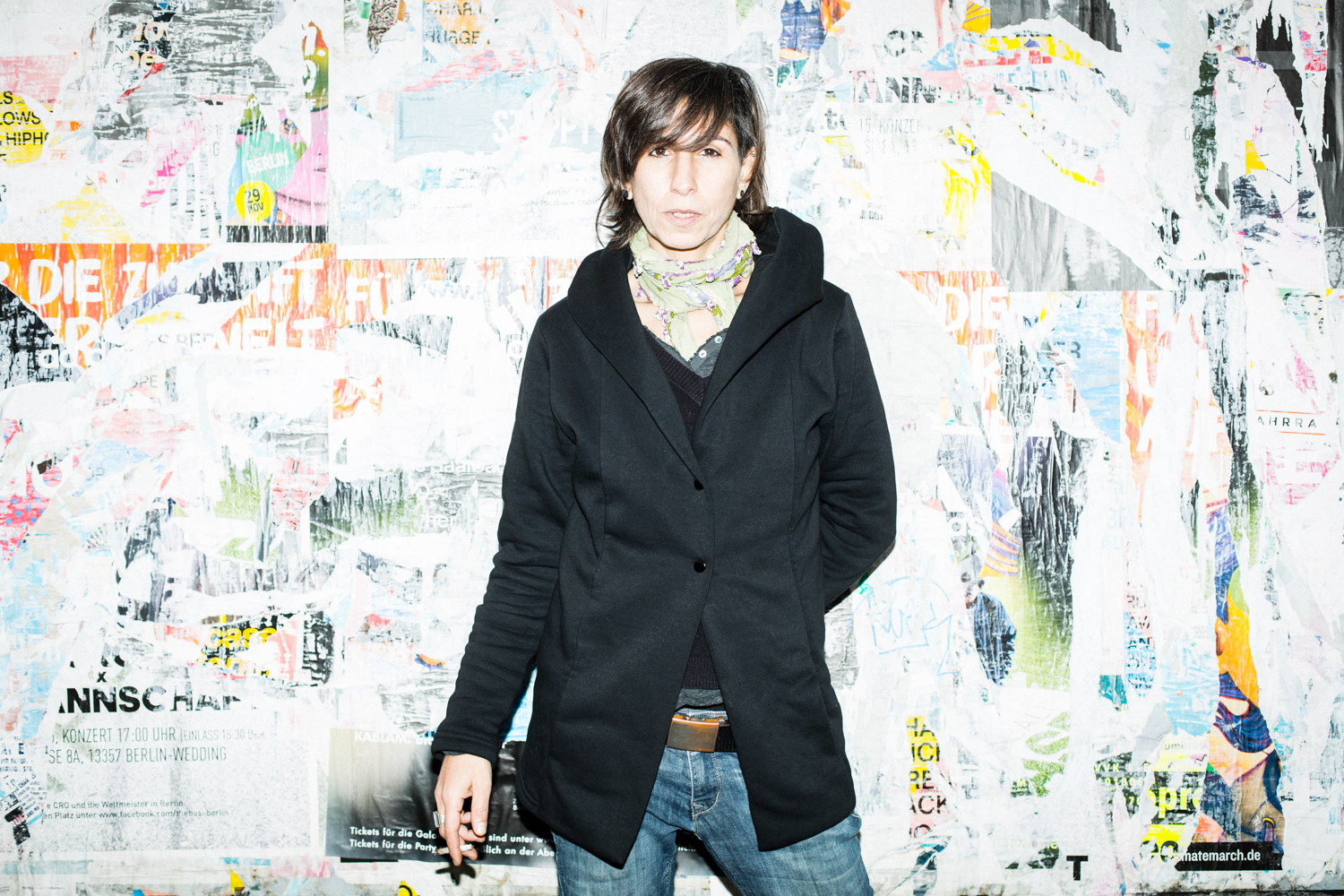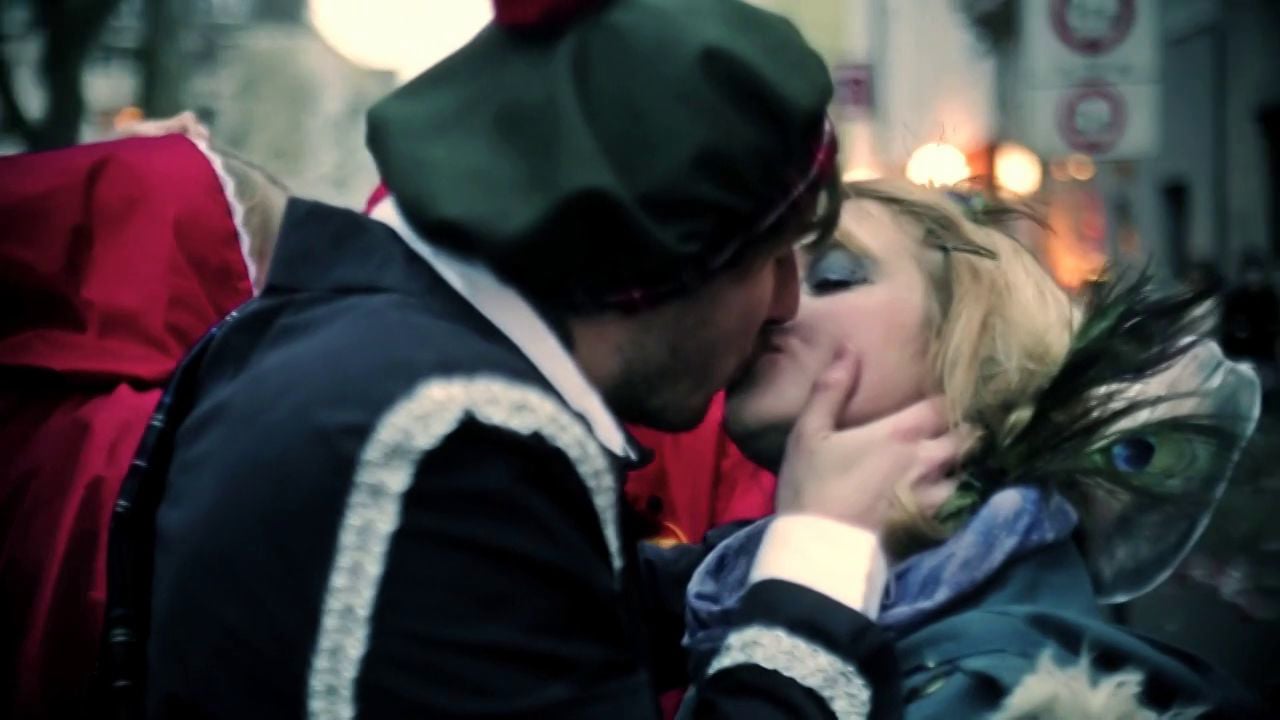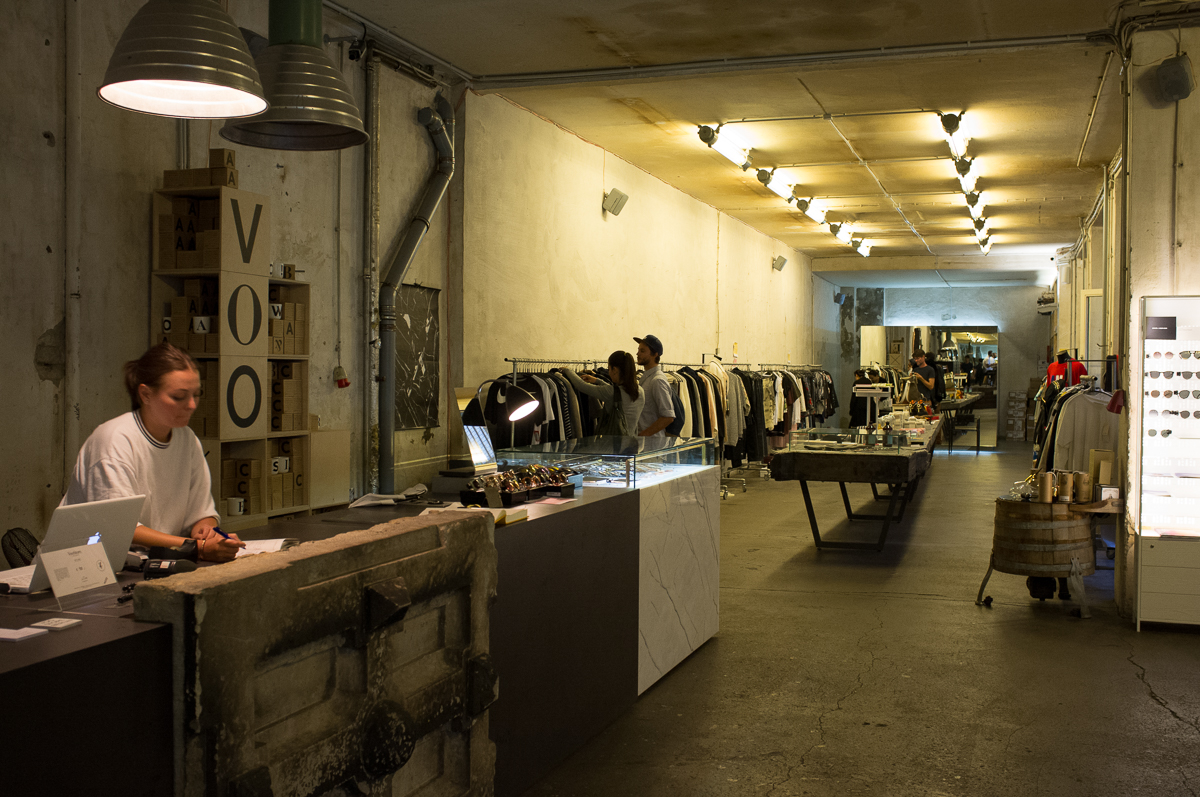Though the term might be old school, “Tausendsassa” suits her well – there is (almost) nothing she can’t do. İpek İpekçioğlu, DJ, producer, remixer, freelanced author, LGBTI activist, curator of the music festival Berlistanbul #25 Underground in Berlin / Istanbul, “New Sounds of Istanbul” in the Berlin Radialsystem and Borusan Müzik in Istanbul, initiator of music projects for young people, composer for film music, was recently voted Europe’s hippest DJane. She reinterprets works from the renaissance into electrosticks, produces music for operas and theatres, curates the program postmigrant theater Ballhaus Naunynstraße’ musical program with “Beyond Istanbul”, has been playing her own stage at MyFest for more than ten years and is the editor of the award-winning CD-series “Beyond Istanbul” by the Munich label Trikont.
Which music are you making right now?
I call my music eclectic BerlinIstan. Berlin, because I am a Berliner; Istan stands on the one hand for Istanbul, because I am post-Istanbuler, on the other hand Istan stands for a country like for example Hindistan (tr. “India” – ed.). So, for me, Berlin is also a landscape with its own cultural fauna. My sounds are always related to music from Turkey. They range from traditional to experimental-electronic sounds, a hybrid mix of folk electrofusion, psychedelic Anatolian, MiddleEasternFunk / Pop and GypsyFunk. Turkish tangos and cantos from the 1920s, and 30s from Turkey are also present, as well as sounds from North Africa, Arab countries, the Balkans and even classical music. I also like to play with tacky music.
How exactly did you become a DJ?
I was dancing at the club SO36 in Kreuzberg. A guy came up and asked me, “Are you Turkish?“ –
“Yes.” “Are you a lesbian?“ – “Yes.” Then he said, “Great, we need a DJ from Turkey for our first queer party this Saturday.“ That was 1994 and the guy was Richard Stein, the promoter for SO36. I had never done anything like it before. “Just pack your CDs or cassettes and come,” he said. So I borrowed tapes from friends and relatives- the DJ showed me everything: “Put the tape in, push this button and let it play”. Then he went home and the people danced until eight o’clock in the morning. I’m actually a social pedagogue and in the beginning I only deejayed on the side. I’ve been a full-time freelance musician since 2000.
Who influenced you musically?
I grew up with my grandparents, who listened to sanat müzik, özgün müzik, typical Turkish leftist music, and Anatolian funk and rock. Pop music and arabesque were forbidden. Our mother always took us to the opera and classical concerts, but we also went to to traditional concerts such as Arif Saf, Zülfü Livaneli, and Selda Bağcan. Of course, all of this had an influence on my music. I don’t just played shaka shaka bellydance, Turkish pop and arabesque; in the 90s I was won of the first to to experiment with Oriental house.
Do your sexual orientation and roots still play a role today?
Yes, unfortunately I am still often reduced to my origin or to my social-sexual way of life, but I would like to be defined simply as a musician. In the beginning it was important because of the visibility as a female DJ living a queer lifestyle from Turkey. But all I care about is opening up music and people to new things.
In your opinion, what can music achieve?
You get a different kind of access to people through music. I think there is not so much fear of contact here in Kreuzberg anymore due to the party series Gayhane (Party for LGBTIs with Middle-Eastern and electronic beats – ed.). I want the music to fuse with the dancers or listeners. Music can arouse emotions in every person, no matter which background they have. On the one hand, it offers an orientation, and on the other, it makes clear to us that, despite different convictions, everyone can like the same music.
When will there be something new to hear from you?
There are always a lot of tracks; I’m constantly producing something. I also have got a lot of tracks on various albums, but still not one of my own. It’s about time though! I am working on new songs with the saz player Petra Nachtmanova and the multi-instrumentalist Ceyhun Soso Kaya. In addition, I would like to work with live musicians and organize bigger music events from classic to experimental. Our community here is super heterogeneous and this heterogeneity should also be reflected in the concerts. Unfortunately, this is not the case yet.
We are currently releasing a compilation of the women’s movement in Rojava with the female electronic collective female:pressure, which will be released in March 2016.
Text: Anna Esser
